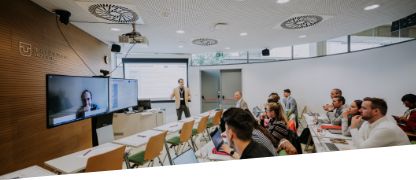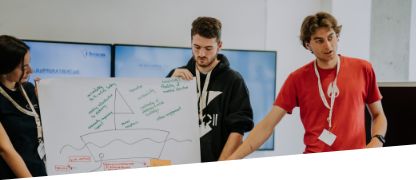NEEMA beneficiaries
The NEEMA consortium is a multidisciplinary team that combines and complements different profiles to successfully achieve all the project’s objectives and goals. It is composed of 14 partners (8 African and 6 European) from 10 different countries (Spain, Italy, France, Austria, Finland, Germany, Mali, Burkina Faso, Niger, and Senegal). Specifically, 14 world-renowned universities are involved, carrying out field actions and primarily professional agricultural activities.
The consortium’s areas of expertise are diverse, with the most important ones being agriculture and agroecology, food technology, soil science, analytical and organic chemistry, aquaculture, irrigation, political science, agricultural policy, and economics.
Thanks to this consortium, the project objectives and theme can be fully covered and implemented. Most partners have participated and are participating in European, national, and regional projects, meaning they are well accustomed to open science policies and proper project management.
The consortium has been designed to ensure the active participation of a suitable mix of complementary organizations from different fields but with common goals, maximizing the project’s territorial impact and transnational collaboration to ensure that results are transferable and replicable in other regions and countries in Europe, Africa, and beyond.
With the overall objective of strengthening the involvement of higher education institutions in West Africa to improve capacities in food and nutritional resilience for better adaptation to the challenges outlined in the EU Farm to Fork Strategy and its impact in the region, the project is organized into 5 Work Packages (WP), each led by a different project partner, as follows:
- WP1: Management and Coordination (University of Seville – Spain)
- WP2: Food and Nutritional Resilience Curricula (Université des Sciences Juridiques et Politiques de Bamako – Mali)
- WP3: Social Innovation Pilot Initiative (Hochschule für öffentliche Verwaltung Kehl – Germany)
- WP4: Strengthening Synergies and Cooperation (Université Cheikh Anta Diop – Senegal)
- WP5: Communication, Dissemination, and Exploitation (Université Côte d’Azur – France)
Beneficiaries
University of Seville (USE), Spain
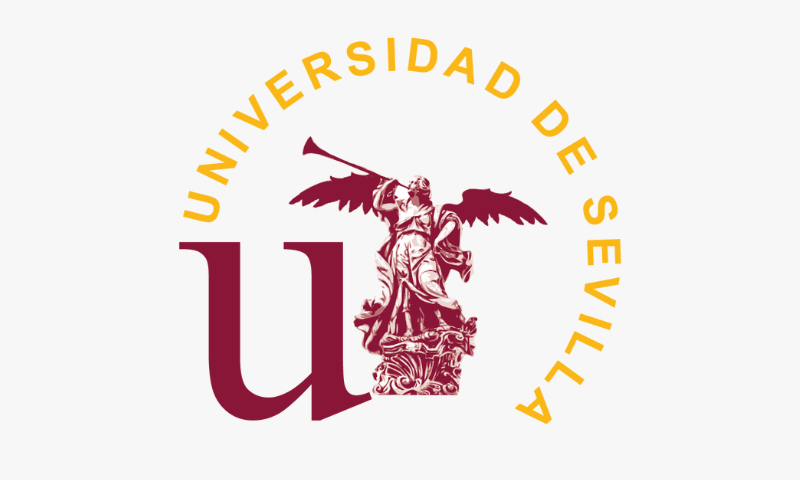
With over five centuries of history, USE is one of Spain’s leading universities, with a strong academic and research tradition. It is a leader in knowledge transfer, ranking third nationally in patents and industrial income. USE provides comprehensive education, research, culture, and technology transfer, advocating for equal opportunities, continuous excellence, and promoting entrepreneurship and environmental commitment. It leads WP1 and brings expertise in curriculum development in Food and Agronomy, as well as in dissemination activities (WP5).
Université de Tahoua (UDH), Niger
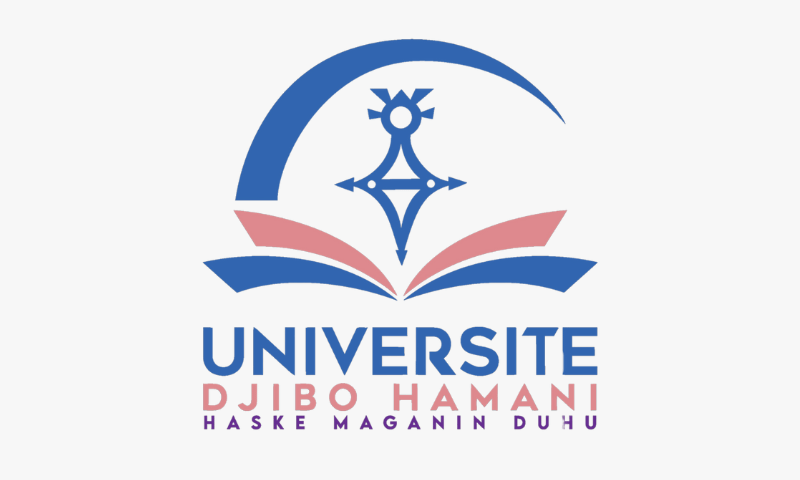
Established in 2010, UDH has three faculties and a University Institute of Technology. Facing limited budgets, UDH aims to enhance its students’ professional integration and its role in regional development. It will lead the working group in Niger for FNR challenges analysis (WP2) and collaborate on drafting recommendations and best practices in FNR policies.
Université Abdou Moumouni de Niamey (UAMN), Niger
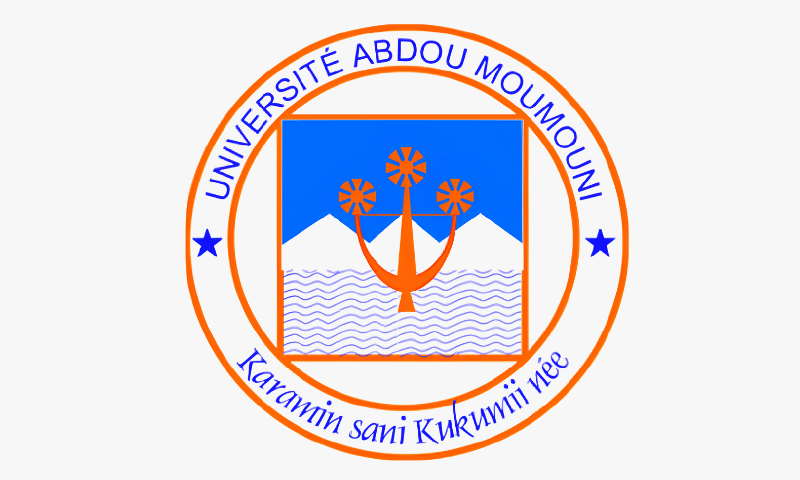
A public institution under the Ministry of Higher Education, Research, and Technology, with expertise in Agronomic Sciences, Law, Economics, and Management. UAMN has necessary infrastructure for the project and will support UDH in carrying out WP2 activities in Niger.
Université Cheikh Anta Diop (UCAD), Senegal
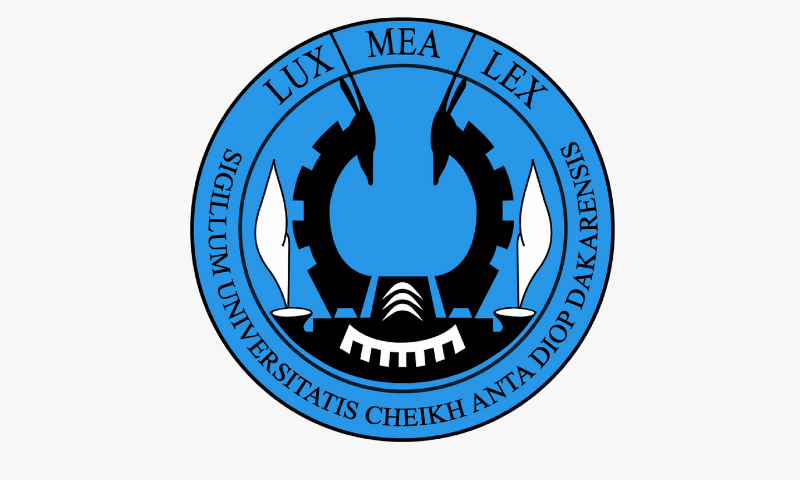
Dakar’s main university and the top university in Francophone Africa according to the Shanghai ranking. UCAD offers a wide range of disciplines and has strong research lines in nutrition, right to food, and agriculture. It will lead WP4 and serve as the main contact point in Senegal, developing one of the FNR curriculum modules (WP2).
Université Amadou Mahtar MBOW (UAM), Senegal
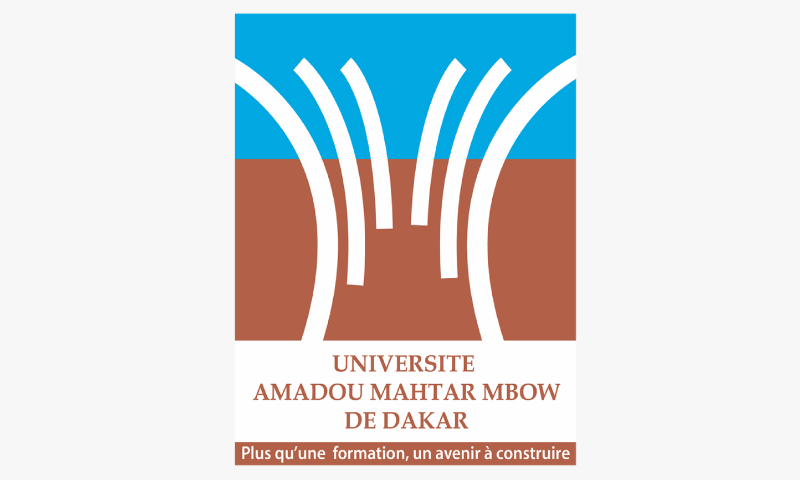
A young university focusing on Science, Technology, Economics, Management, and Social Sciences. UAM will contribute to designing one of the FNR curriculum modules (WP2) and support UCAD in carrying out activities in Senegal.
Université Thomas Sankara (UTS), Burkina Faso
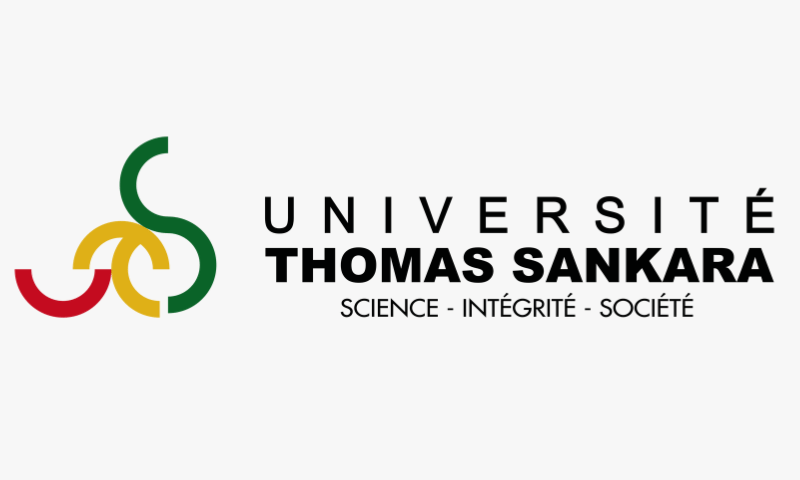
UTS plays a key role in Burkina Faso’s socioeconomic development. With a fundamental mission of knowledge development and transmission, UTS will lead the working group in Burkina Faso for FNR challenges analysis (WP2) and contribute to identifying best practices in FNR policies.
Université Nazi Boni, Polytechnique de Bobo-Dioulasso (UPB), Burkina Faso
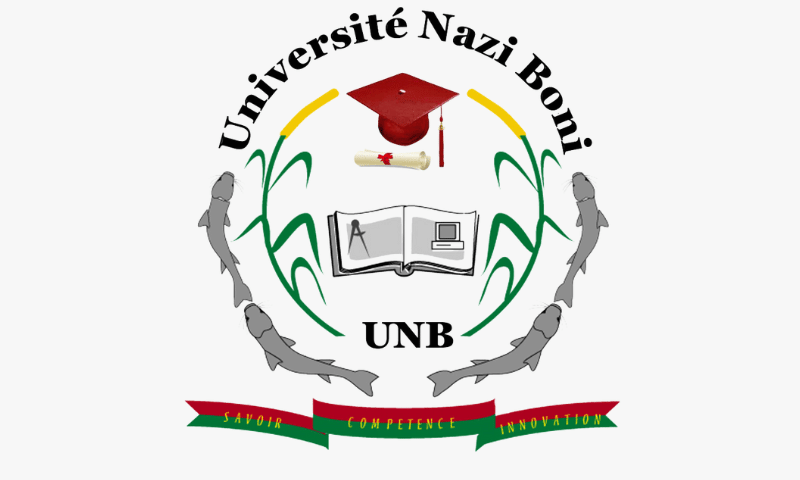
A nonprofit public institution offering recognized degrees in various fields of study. UPB, through its Rural Development Institute, covers scientific fields addressed by the project and will play a significant role in developing WP2 and WP3, as well as capacity-building and communication activities in Burkina Faso.
Université des Sciences Juridiques et Politiques de Bamako (USJPB), Mali
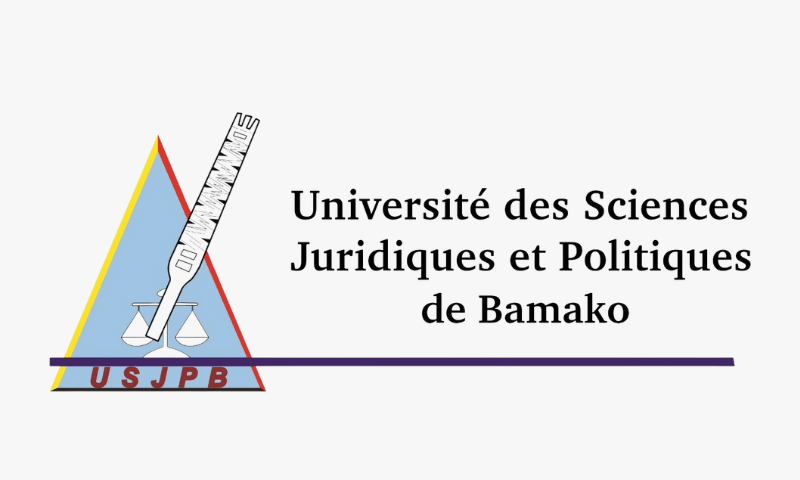
USJPB is a reference in legal, administrative, and political training in Mali. It participates in the project with its department of legal sciences and will lead WP2, being a key partner for capacity building in Mali and supporting tasks related to legal aspects, food security, and food sovereignty
Institut Polytechnique Rural de Formation et de Recherche Appliquée de Katibougou (IPR/IFRA), Mali
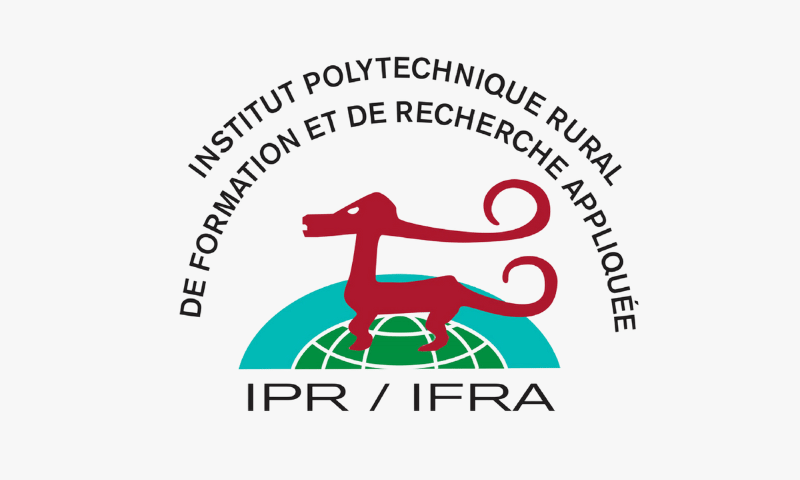
A higher education institution specialized in training and applied research in rural areas. IPR/IFRA will contribute expertise in traditional crops and agrobiodiversity and develop one of the FNR curriculum modules (WP2) in cooperation with USJPB
University of Genoa (UNIGE), Italy
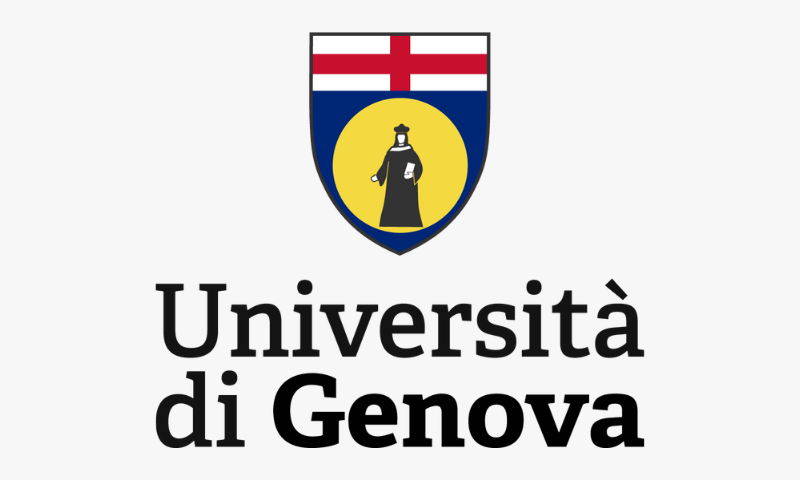
UNIGE specializes in the agri-food chain, including sustainable agricultural systems development and agri-food waste management. In WP2, UNIGE will work on designing one of the FNR curriculum modules.
Hochschule für öffentliche Verwaltung Kehl (HS KEHL), Germany
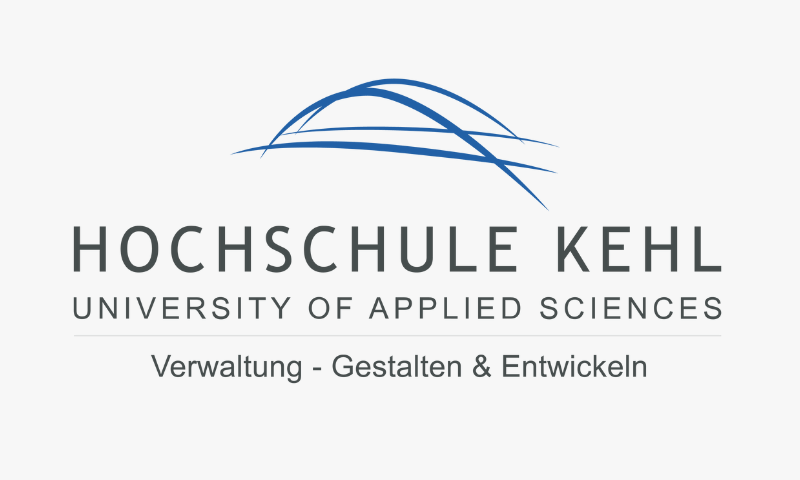
Known for its expertise in Public Management, HS KEHL actively collaborates with other universities and administrative organizations. It will lead WP3, focusing on social innovation in FNR challenges, supporting partners in Niger, Senegal, Burkina Faso, and Mali.
Management Center Innsbruck (MCI), Austria
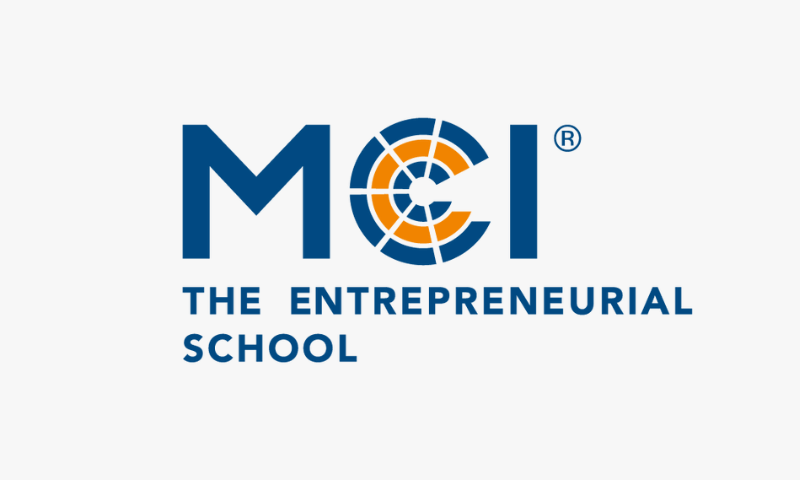
MCI, known as The Entrepreneurial School®, blends science, economics, and consulting, focusing on food technology and nutrition. In WP2, MCI will design one of the FNR curriculum modules.
Université Côte d'Azur (UniCA), France
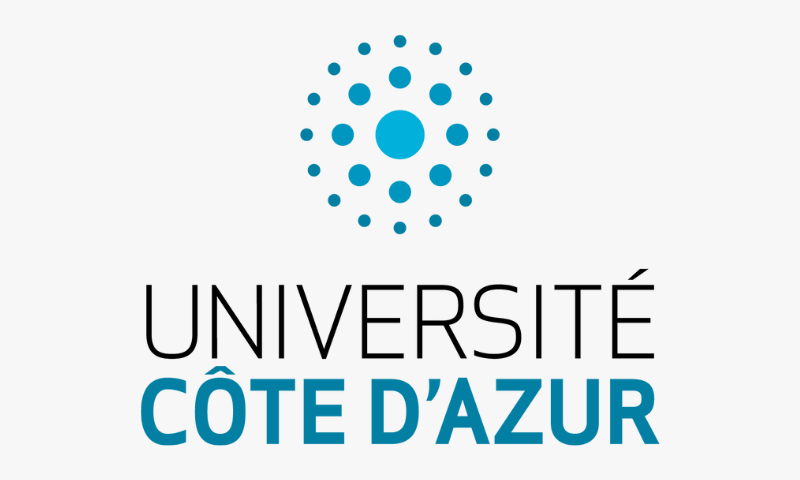
UniCA contributes to the project with its expertise in international and European law, especially in human rights and environmental protection. It will lead WP5, responsible for project exploitation and communication activities.
Haaga-Helia University of Applied Sciences (HH), Finland
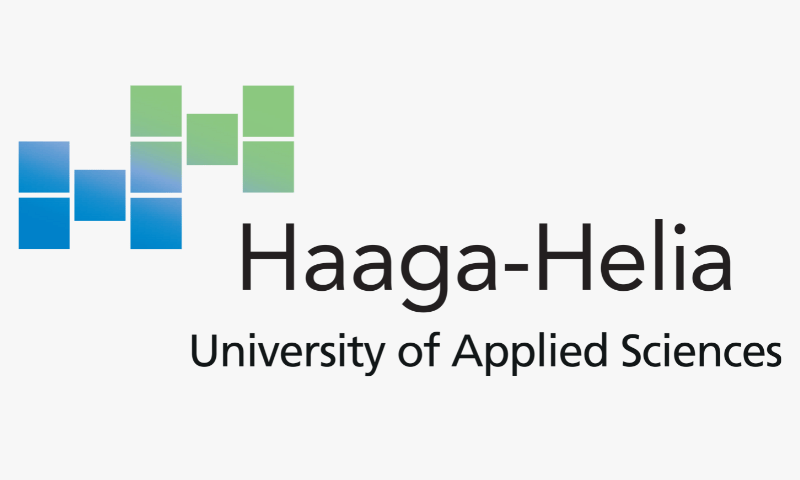
HH has expertise in food services and gastronomy, with a strong focus on sustainability. It will design one of the FNR curriculum modules (WP2) and provide knowledge in public food services and mass catering
About NEEMA
NEEMA: Capacity Building in Higher Education through the development of a Food and Nutritional Resilience curricula adapted to the European Green Deal, Farm to Fork Strategy and to the needs of West Africa. NEEMA has received funding from the European Union under the Grant Agreenment no 101128930. The views and opinions expressed in this communication are however those of the author(s) only and do not necessarily reflect those of the European Union. Neither the European Union nor the granting authority can be held responsible for them.

